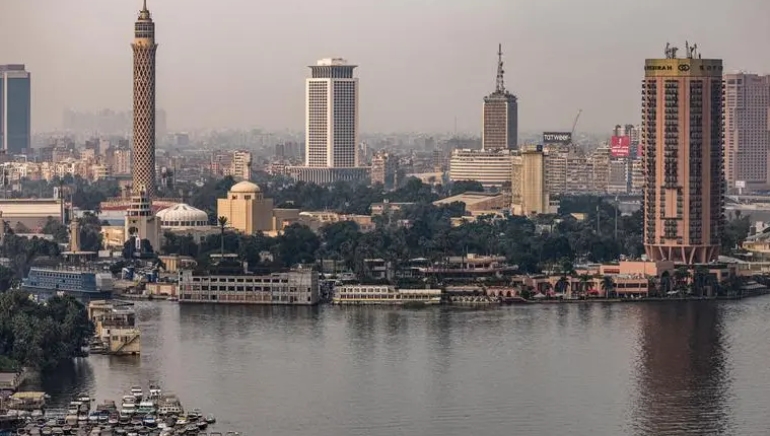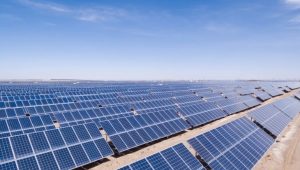Egypt’s non-oil private sector has finally resumed growth after three difficult years of decline. The S&P Global Purchasing Managers’ Index (PMI) for Egypt rose to 50.4 in August from 49.7 in July, indicating growth. This favourable shift is linked to higher demand, stronger economic conditions, and a major boost from increasing export activity.
Egypt’s recent $8 billion financial assistance agreement with the International Monetary Fund (IMF) has played a critical role in its recovery.
The IMF accord included major economic reforms like market-determined currency exchange rates and significant interest rate hikes, which have helped to restore investor confidence and stabilise the economy. While the new orders subindex remains slightly below the growth criterion at 49.4, the overall gain in the PMI suggests a more general economic stabilisation that is progressively taking root.
The PMI’s rise above 50.0 points to a positive shift in market dynamics, with gains in both employment and purchasing activity.
These elements point to a larger economic recovery, making Egypt a more appealing destination for investment. As businesses restore confidence, they increase capacity, adding to the positive cycle. The future output subindex, which rose to 57.1 from 54.6 in July, reflects greater optimism about ongoing economic growth, pointing to a larger positive trend in Egypt’s recovery.















